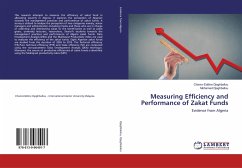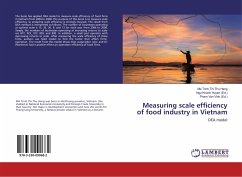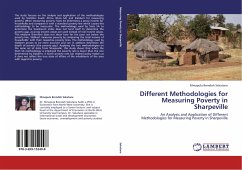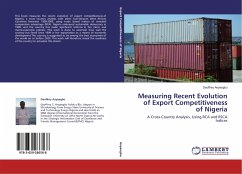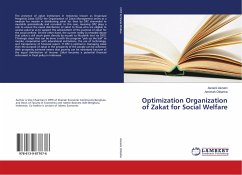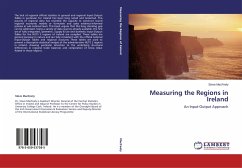This research attempts to measure the efficiency of zakat fund in alleviating poverty in Algeria. It explores the perception of Algerian towards the management practices and performance of zakat funds. A survey is utilized to analyse the perception of two categories namely, senior managers and administrators including Imams and those who are in charge of collecting and distributing zakat to the beneficiaries as well as zakat givers, university lecturers, researchers, Sharia'h students towards the management practices and performance of Algeria zakat funds. Data Envelopment Analysis (DEA) and the Malmquist Productivity Index are used to evaluate the efficiency of the zakat funds. Eight Algerian zakat funds are studied from the duration of 2003 to 2013. The Technical efficiency (TE),Pure technical efficiency (PTE) and Scale efficiency (SE) are computed using the non-parametric Data Envelopment Analysis (DEA) technique. Moreover, the source of productive efficiencies of zakat funds is identified using the Malmquist productivity index (MPI).
Bitte wählen Sie Ihr Anliegen aus.
Rechnungen
Retourenschein anfordern
Bestellstatus
Storno

